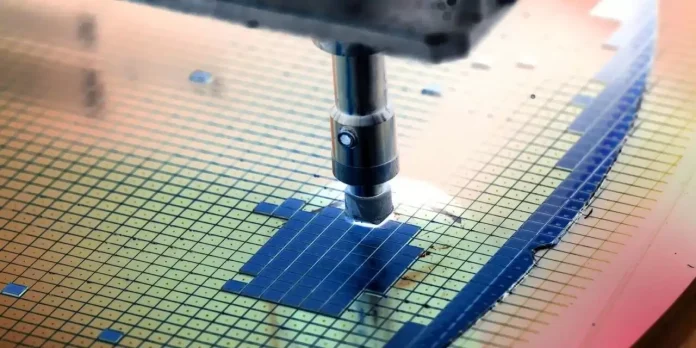In today’s technology industry, the surge in AI applications has driven a relentless demand for chips optimized for AI capabilities. TSMC, at the SEMICON Taiwan 2023 event, has raised concerns about the potential continued scarcity of AI chips for at least the next 18 months.
According to reports from Nikkei Asia, Mark Liu, Chairman of TSMC, has remarked that supply constraints are expected to persist until 2024. Interestingly, this isn’t due to a lack of AI chips per se but rather a shortage of chip on-wafer-on-substrate (COWOS) production capacity. TSMC candidly acknowledges that they won’t be able to fully meet the demands of their customers, but they aim to provide support for at least 80% of the requested supply.
It’s worth noting that the demand for COWOS chips has experienced a sudden surge, with a threefold increase in demand in just one year. However, the supply predicament is anticipated to be a temporary challenge, with the likelihood of resolution within the next 18 months.
TSMC is actively addressing the issue by bolstering its local operations and investing in new facilities, including a $2.9 billion factory designed for the packaging of cutting-edge chips. Furthermore, they emphasize the need for industry-wide innovation to cope with the escalating chip demand, proposing new methodologies for “connecting, packaging, and stacking chips.”
In summary, TSMC acknowledges the AI chip supply shortage issue, driven by a surge in demand, especially for COWOS chips. While challenges are expected to persist for up to 18 months, the company is taking proactive measures to increase production capacity and promote industry-wide innovation to meet these evolving market demands.

